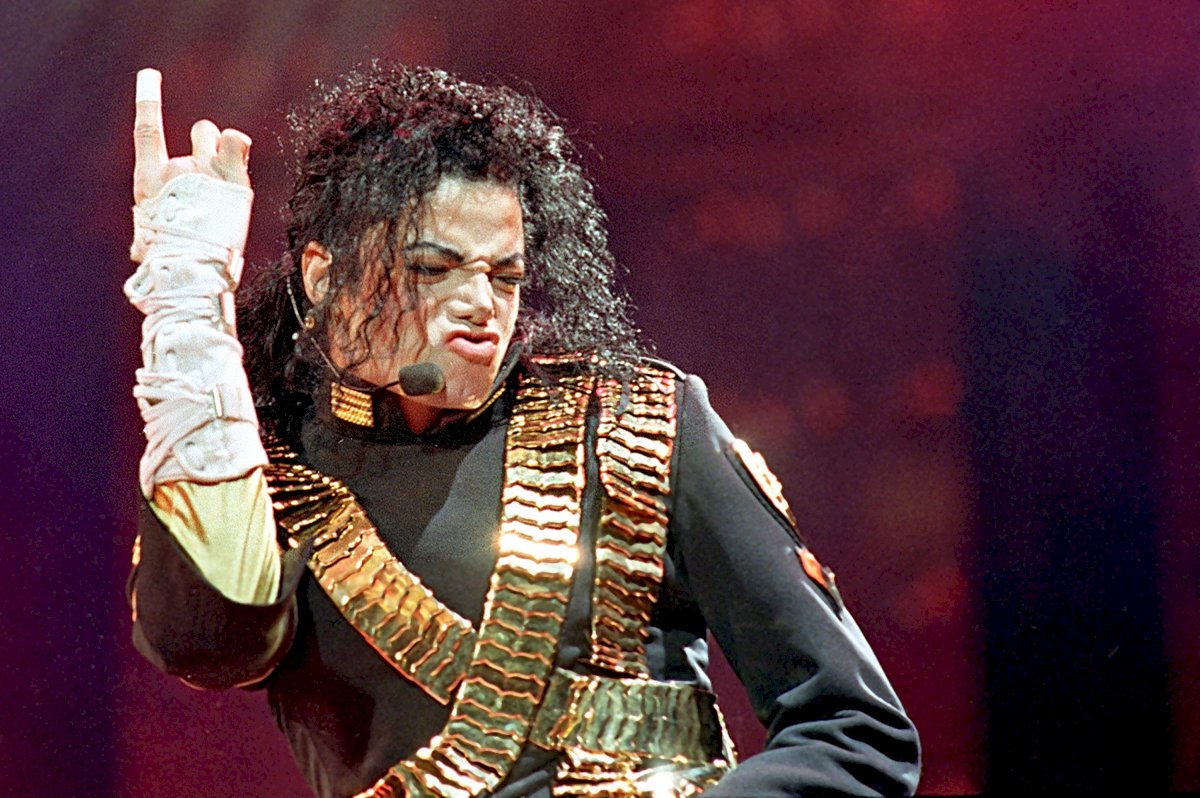In the realm of American music, few names command as much respect and admiration as Duke Ellington. Edward Kennedy "Duke" Ellington, a legendary figure in the world of jazz, was a prolific composer, bandleader, and pianist whose contributions to music left an indelible mark on the genre. Over a career spanning five decades, he redefined jazz, blending innovation with tradition and creating timeless compositions that continue to captivate audiences around the world. In this article, we will delve into the life, music, and enduring legacy of the incomparable Duke Ellington.
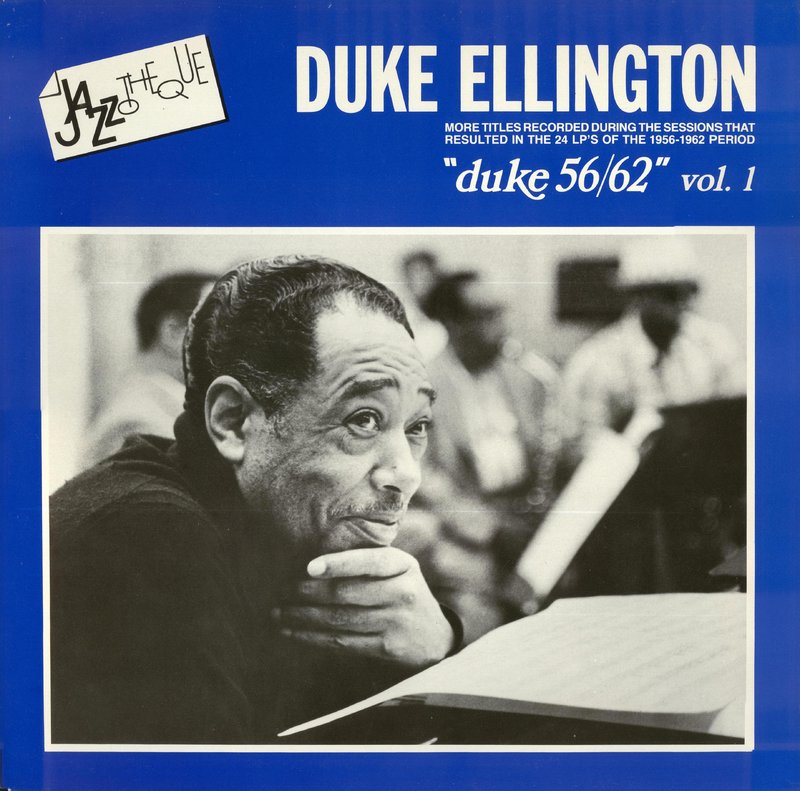
Early Life and Musical Beginnings
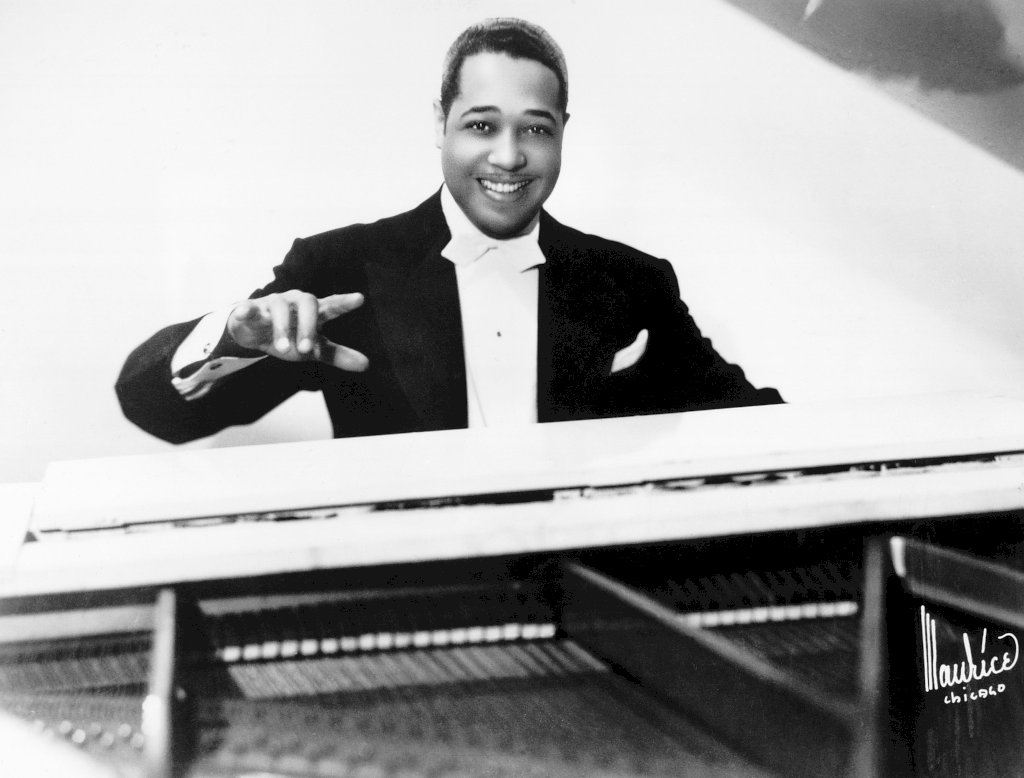
Duke Ellington was born into a middle-class African American family in the Shaw neighborhood of Washington, D.C. His parents, James Edward Ellington and Daisy Kennedy Ellington, encouraged his musical interests from an early age. Ellington began taking piano lessons around the age of seven, but he showed an even greater passion for baseball and athletics at that time.
As a teenager, Ellington became fascinated with ragtime and the music of pianist James P. Johnson. He started playing piano in local bands and honed his skills by studying the works of prominent pianists of the time, including Fats Waller and Earl Hines. His early exposure to both classical and popular music genres laid the groundwork for the unique blend of styles that would become characteristic of his later compositions.
The Formation of the Duke Ellington Orchestra
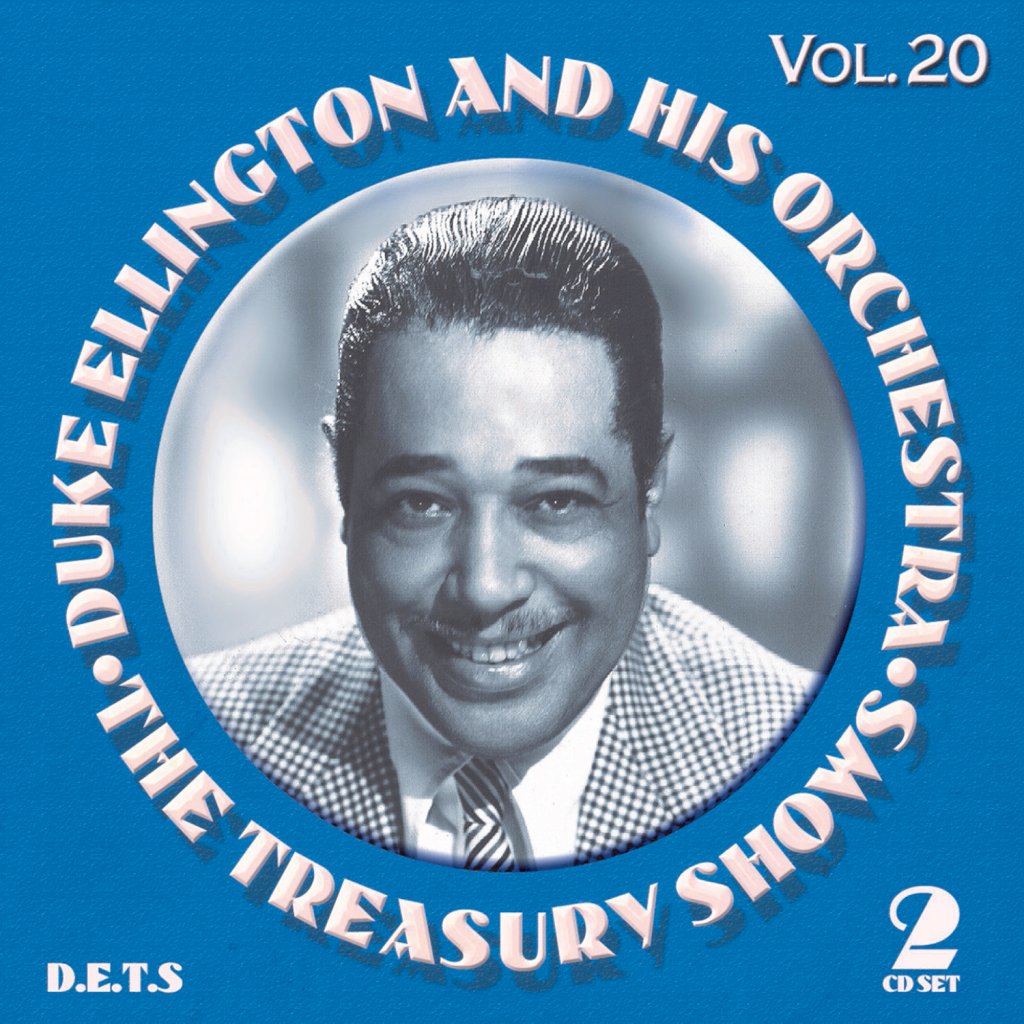
In 1923, Duke Ellington moved to New York City to pursue his musical career. There, he joined the Washingtonians, a band that would later become known as the Duke Ellington Orchestra. Ellington's innovative arrangements and captivating performances quickly gained attention, and by the mid-1920s, the band had established itself as one of the most popular groups in the Harlem jazz scene.
Ellington's compositions during this period, including "East St. Louis Toodle-Oo" and "Black and Tan Fantasy," showcased his early forays into blending different musical styles, creating a sound that was distinctly his own.
The Cotton Club and National Recognition
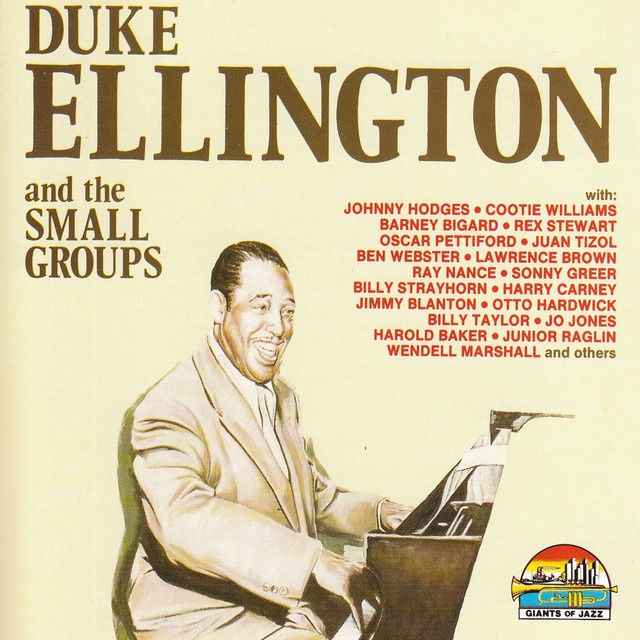
In 1927, the Duke Ellington Orchestra began its residency at the renowned Cotton Club in Harlem. The club's popularity, combined with Ellington's groundbreaking musical innovations, propelled the band to national prominence. Ellington's extended compositions and intricate orchestrations showcased the individual talents of his band members, giving each musician a chance to shine.
During the Cotton Club years, Ellington composed some of his most iconic pieces, including "Mood Indigo," "Sophisticated Lady," and "It Don't Mean a Thing (If It Ain't Got That Swing)." These compositions not only solidified his reputation as a brilliant composer but also became defining works in the history of jazz.
Artistry and Musical Innovations
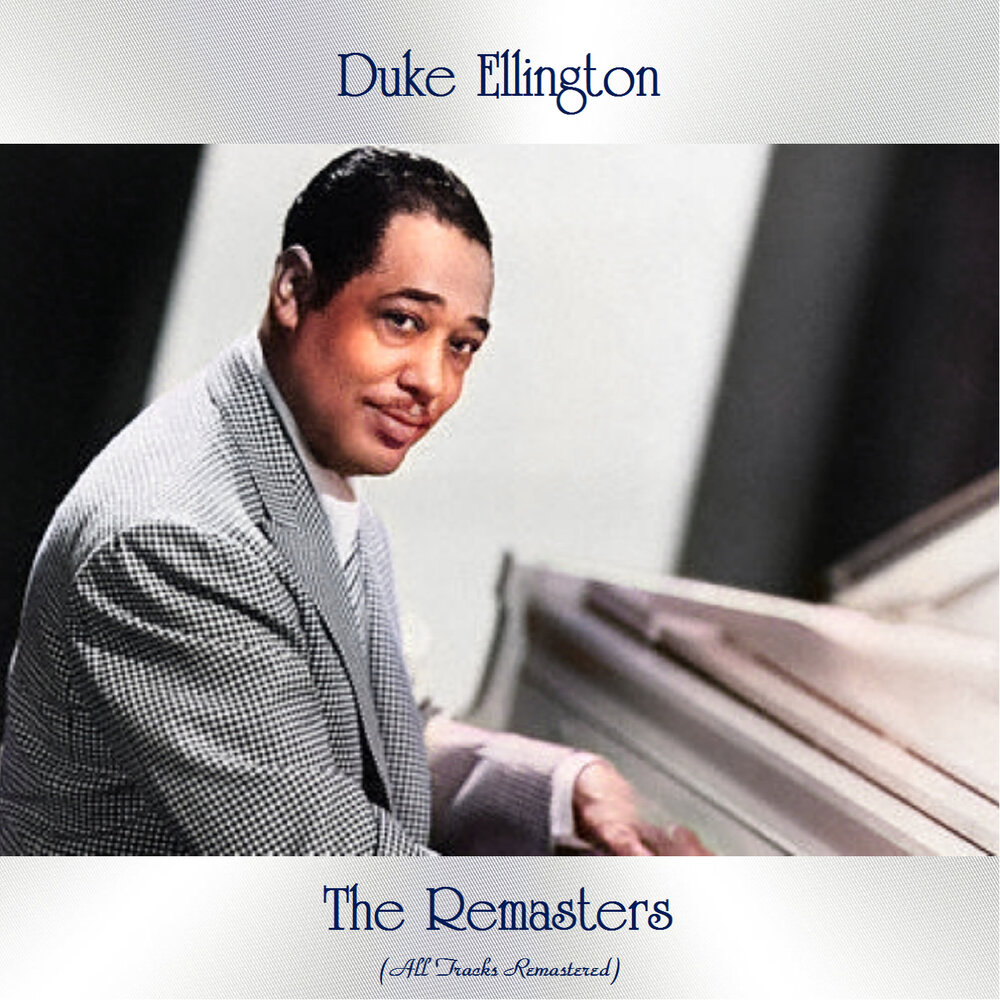
Duke Ellington was known for his distinctive musical style and innovative approach to composition and orchestration. His compositions often featured complex harmonies, rich textures, and intricate melodies, setting him apart from his contemporaries.
Ellington's music defied traditional genre labels, effortlessly blending elements of jazz, blues, classical, and even exotic influences. He also drew inspiration from various cultures, incorporating Latin rhythms, African motifs, and Middle Eastern sounds into his work.
One of his greatest innovations was his use of "jungle music," a term he coined to describe the evocative and immersive sounds he created through his orchestration. His use of muted brass, growling trombones, and moody saxophones helped create a sense of atmosphere and emotion, adding depth and complexity to his compositions.
Collaborations and Influences

Throughout his career, Duke Ellington collaborated with numerous talented musicians, arrangers, and lyricists, including Billy Strayhorn, Johnny Hodges, and Harry Carney, among others. One of the most significant partnerships was with composer and arranger Billy Strayhorn, who worked closely with Ellington from the late 1930s until his death in 1967. Their collaboration resulted in some of Ellington's most celebrated works, such as "Take the 'A' Train" and "Lush Life."
Ellington's musical genius and innovative approach to composition influenced generations of jazz musicians and composers. His ability to incorporate individual voices and improvisation within the framework of a tightly orchestrated piece set new standards for jazz orchestration.
Tours and International Recognition
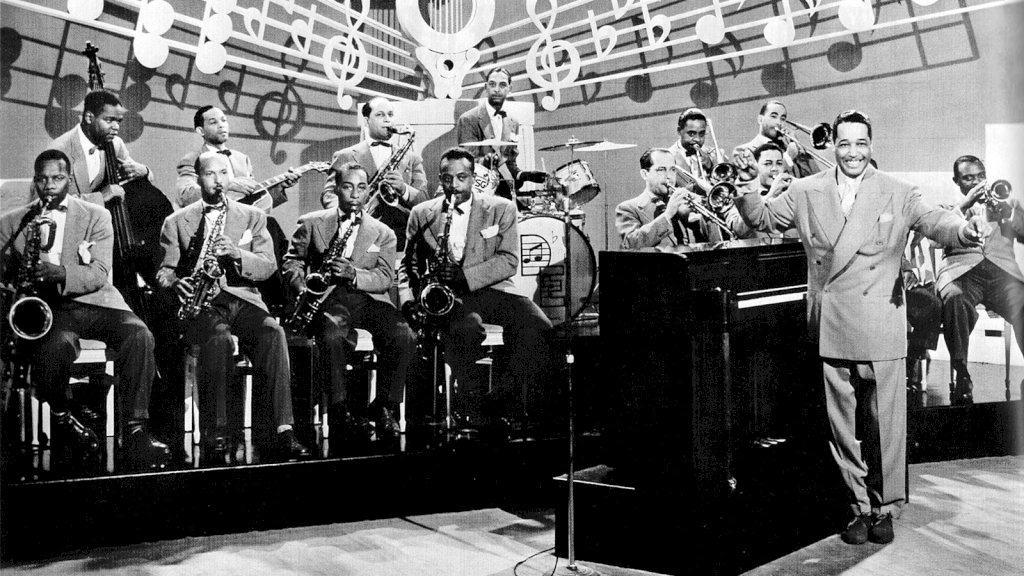
In the 1930s and 1940s, Duke Ellington and his orchestra embarked on extensive tours, both nationally and internationally. Their tours in Europe, Asia, and Latin America introduced jazz to new audiences worldwide and helped establish Ellington's reputation as an international ambassador of jazz.
During a tour of Europe in 1939, Ellington received high praise from audiences and critics alike, solidifying his position as a jazz luminary on the world stage. The band's performances in prestigious venues, including the Royal Albert Hall in London, further elevated Ellington's international acclaim.
The Extended Works
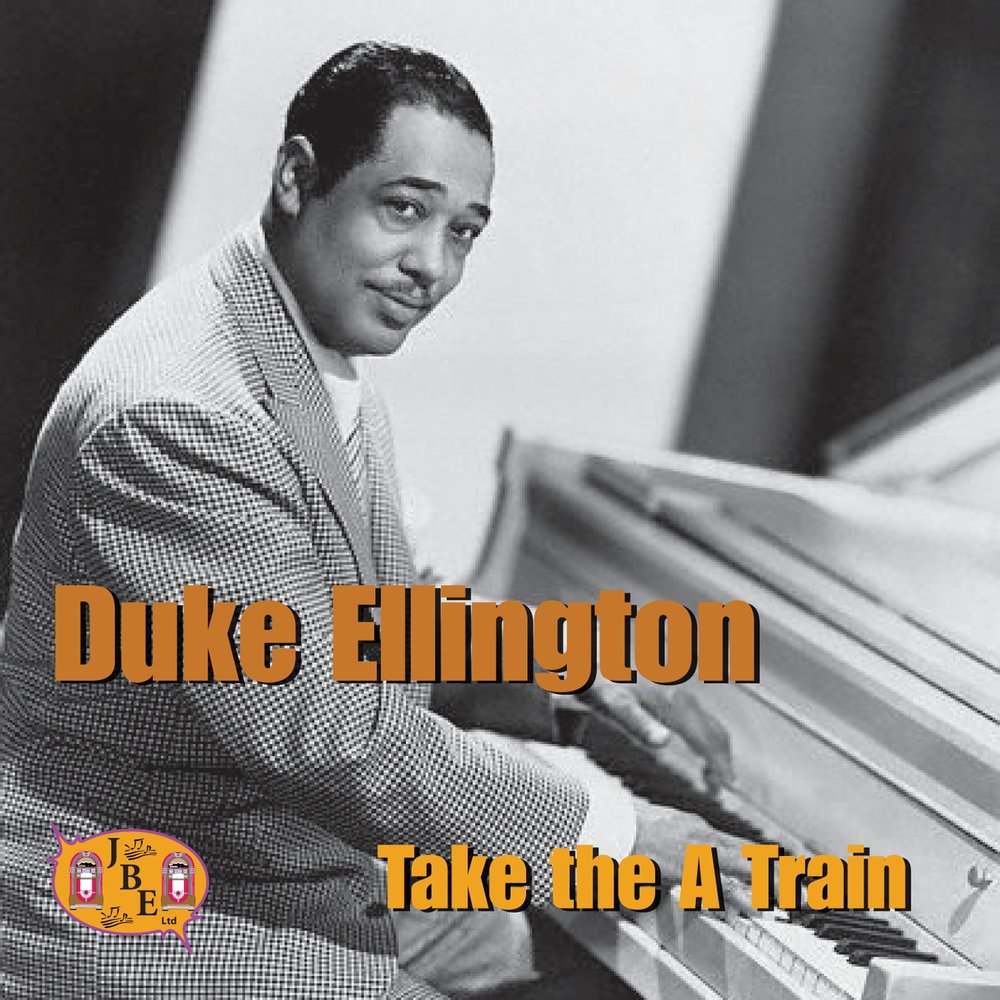
One of Duke Ellington's defining achievements was his creation of extended works, often referred to as "tone parallel" or "jazz suites." These ambitious compositions demonstrated Ellington's mastery of form and structure and showcased his ability to tell complex and evocative musical stories.
Among his notable extended works were "Black, Brown, and Beige," "The Deep South Suite," and "Such Sweet Thunder." These suites explored themes related to the African American experience, historical events, and literary influences, showcasing Ellington's prowess as a composer with a deep understanding of narrative and mood.
Civil Rights and Social Commentary
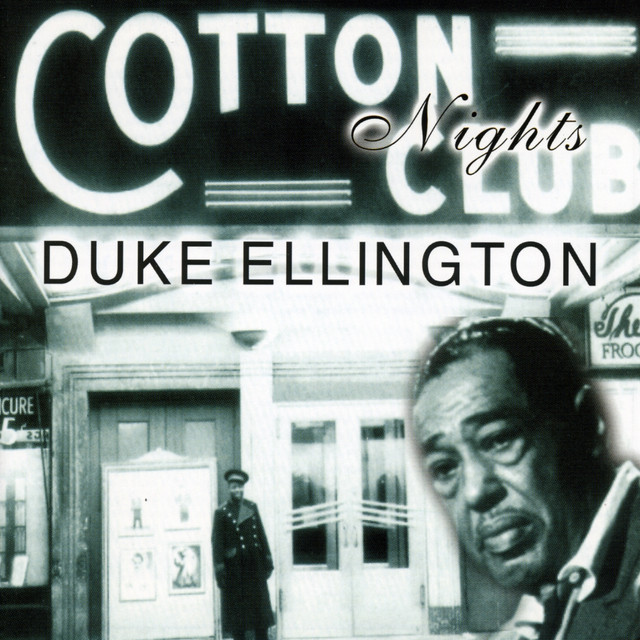
Throughout his career, Duke Ellington used his music to comment on social and political issues of his time, particularly those concerning the African American community. He composed pieces that celebrated the contributions of African Americans to American culture and highlighted the struggles faced by the black community in a racially segregated society.
Ellington's composition "Black, Brown, and Beige" was a profound musical statement on the African American experience, telling a sweeping historical narrative that encompassed slavery, the Civil War, and the contributions of black soldiers in the military.
The Later Years and Legacy
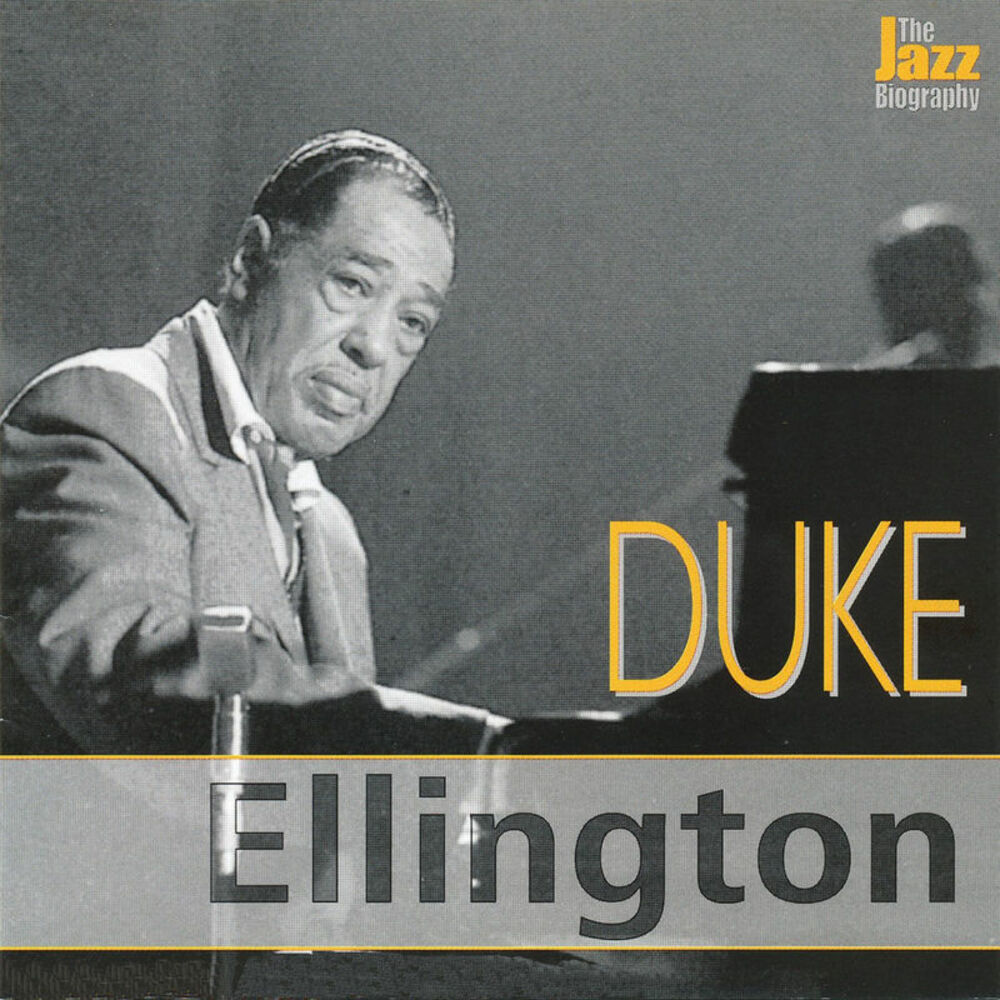
As jazz's popularity declined in the 1950s and 1960s, Duke Ellington continued to innovate and remained a vital force in the music industry. He experimented with new sounds, incorporated modern influences, and collaborated with a younger generation of musicians.
In the 1970s, Ellington enjoyed renewed commercial success with his album "The Afro-Eurasian Eclipse," which won a Grammy Award. He also received the Presidential Medal of Freedom, the nation's highest civilian honor, from President Richard Nixon in 1969.
Duke Ellington's legacy extended far beyond his lifetime. His impact on the jazz genre and the music industry as a whole is immeasurable. His innovative compositions, brilliant orchestrations, and groundbreaking collaborations continue to influence and inspire musicians to this day.
Conclusion
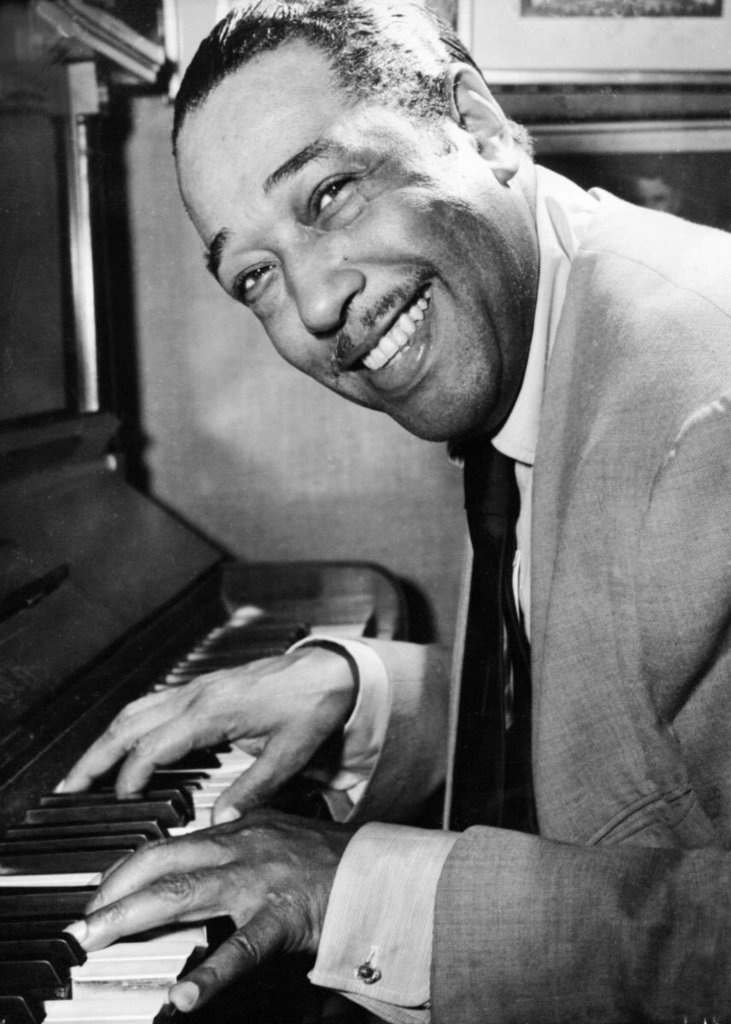
Duke Ellington's remarkable career and musical contributions have left an indelible mark on the world of jazz and American music. His pioneering spirit, innovative compositions, and masterful orchestrations have earned him the title of "The Maestro of Jazz."
Ellington's ability to blend diverse musical influences, create immersive atmospheres, and tell intricate musical stories set him apart as a true musical genius. His compositions, which have become timeless classics, continue to resonate with audiences worldwide, transcending generations and cultural boundaries.
As a trailblazer and visionary, Duke Ellington's impact on jazz and popular music remains profound, and his enduring legacy as a true musical icon ensures that his contributions to the world of music will be celebrated for generations to come.



